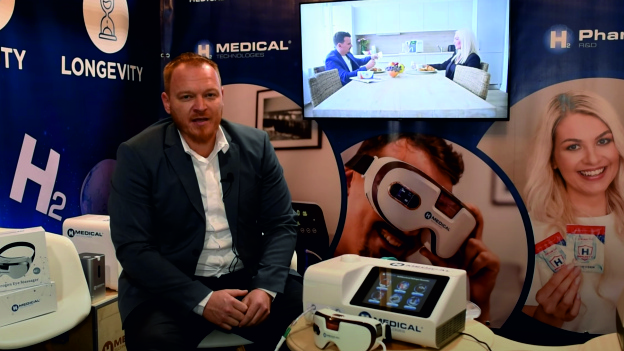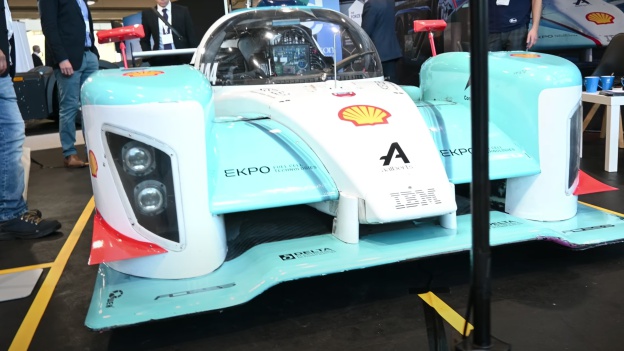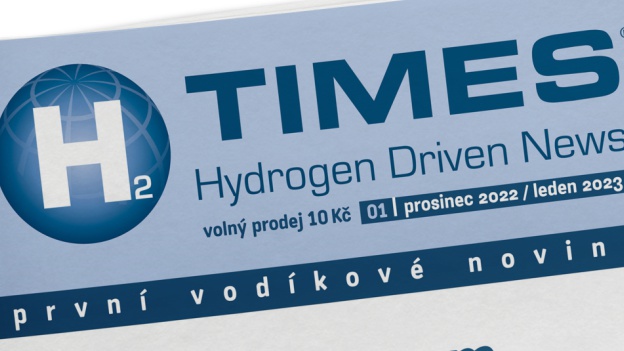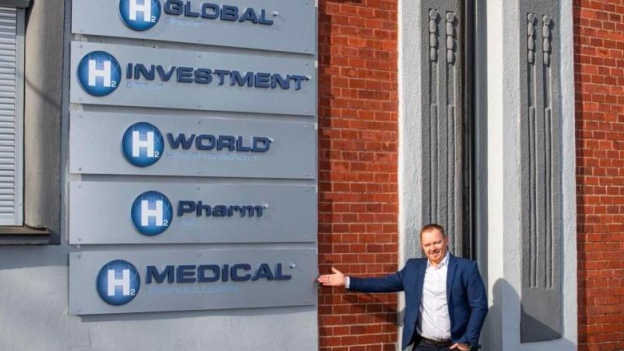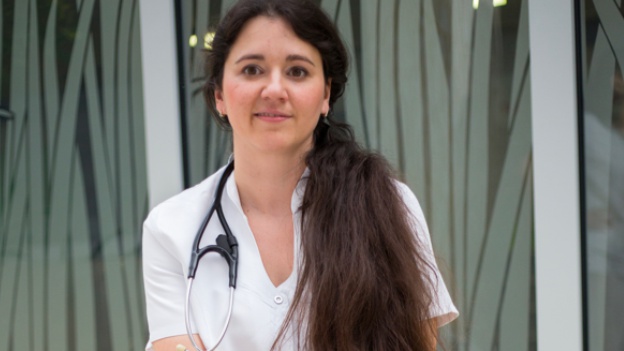Inhalation of molecular hydrogen improves the physical fitness of patients with rheumatic diseases. This is the result of a study that took place for almost 2 years at the Teplice nad Bečvou Spa, which involved experts from Palacký University in Olomouc. The research involved 24 patients who were divided into experimental and placebo groups. The results of the first group were 50% better than the second group. Patients who inhaled hydrogen for 15 days showed significant improvement in the 6-minute walk test and also experienced increased physical comfort and tolerance to exertion and increasing muscle fatigue.
The aim of this prospective, randomized, double-blind, placebo-controlled study was to test the efficacy of molecular hydrogen inhalation on improving physical fitness, reducing subjective exertion during exercise, and improving autonomic cardiac regulation in patients with rheumatic disorders undergoing a standard medical spa stay in which they undergo traditional treatments along with controlled physical activity.
The research was led by Assoc. PhDr. Michal Botek, Ph.D. from the Faculty of Physical Culture of Palacký University in Olomouc, which has been involved in research on molecular hydrogen for more than 8 years. Technical support in the form of hydrogen generators was provided by H2 Global Group, which has long supported research in this field.

"Our results suggest that inhalation of molecular hydrogen leads to a significant improvement in the functional state of the body in patients with rheumatic diseases," said Assoc. Michal Botek. "Patients who underwent 15 days of hydrogen inhalation showed a significant increase in distance covered during the 6-minute walk test, by an average of 93 meters, a 50% improvement over the placebo group. In addition, there was a significant reduction in subjectively perceived effort during walking with a concomitant improvement in the functional status of the autonomic system."
"The molecular hydrogen therapy allows us to offer patients an advanced form of rehabilitation that not only improves their physical fitness, but also promotes recovery and overall well-being," says Gabriela Hanslianová, MD, head physician at Spa Teplice nad Bečvou. "The results of the study motivate us to use this innovative method more widely in spa care."

This research builds on previous studies by Assoc. Botek, including a publication from 2022, which demonstrated the positive effects of hydrogen inhalation on patients after COVID-19. Botek from the Faculty of Physical Culture of the University of Olomouc is investigating in the Bludov Spa how regular drinking of hydrogen water affects the metabolism of adolescent obese patients who exercise for four weeks and have a reduced caloric intake. "We have been following the wide range of therapeutic possibilities of molecular hydrogen for a long time, from respiratory parameters to metabolic to fitness parameters, and we believe that its health benefits for spa and exercise practice are becoming much broader," Botek adds.
Commenting on the study results, Professor Shigeo Ohta, Director of Science and Research at H2 Global Group, says: "Molecular hydrogen acts as a selective antioxidant that protects cells from oxidative stress and inflammatory processes. Its properties make it an important tool in helping to reduce chronic inflammation in these types of diseases while promoting faster healing."

H2 Global Group supplied the molecular hydrogen generators for the study, which the patients used for 15 days. The experimental group inhaled the molecular hydrogen through a nasal cannula, while the placebo group inhaled ambient air. This double-blind experiment ensured that neither the patients nor the spa staff knew who was inhaling the hydrogen and who was inhaling the placebo, which contributed to the objective results of the study. The generators provided a steady and safe supply of hydrogen that was inhaled for 60 minutes per day.
This study opens up new possibilities for the use of molecular hydrogen in therapeutic procedures, whether in the form of inhalation or hydrogen water, for a wider range of therapeutic indications.





















